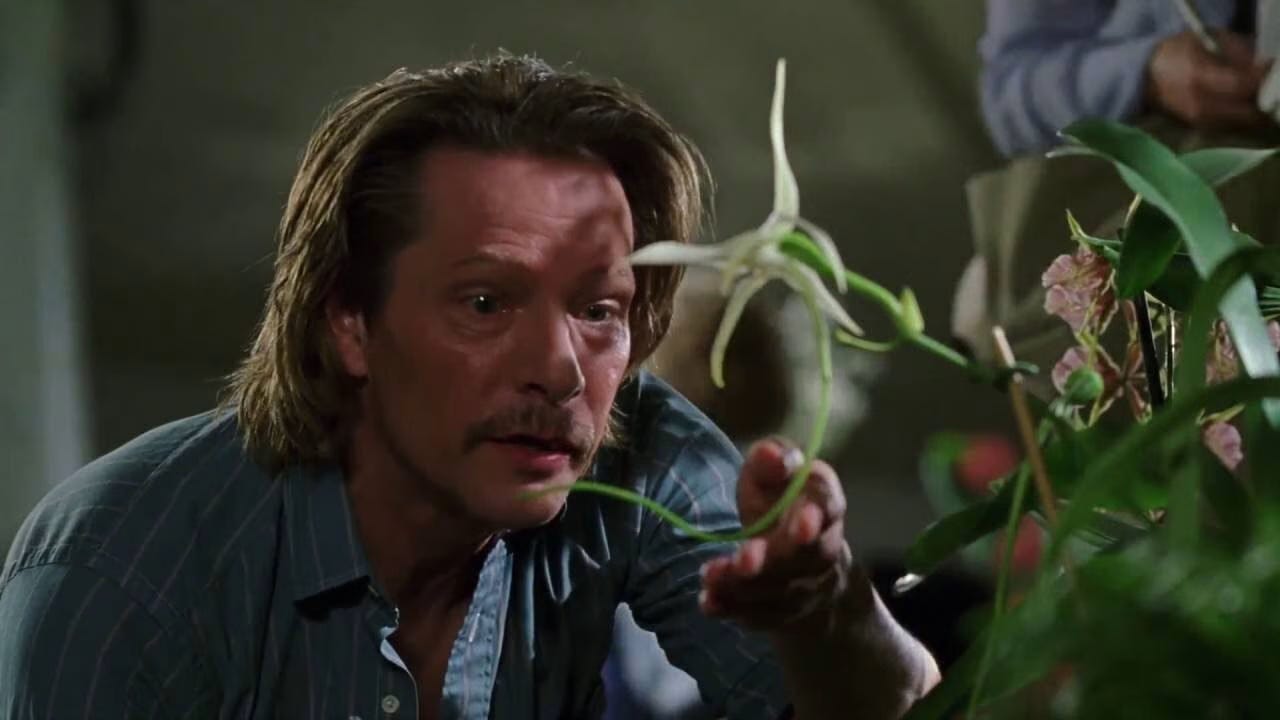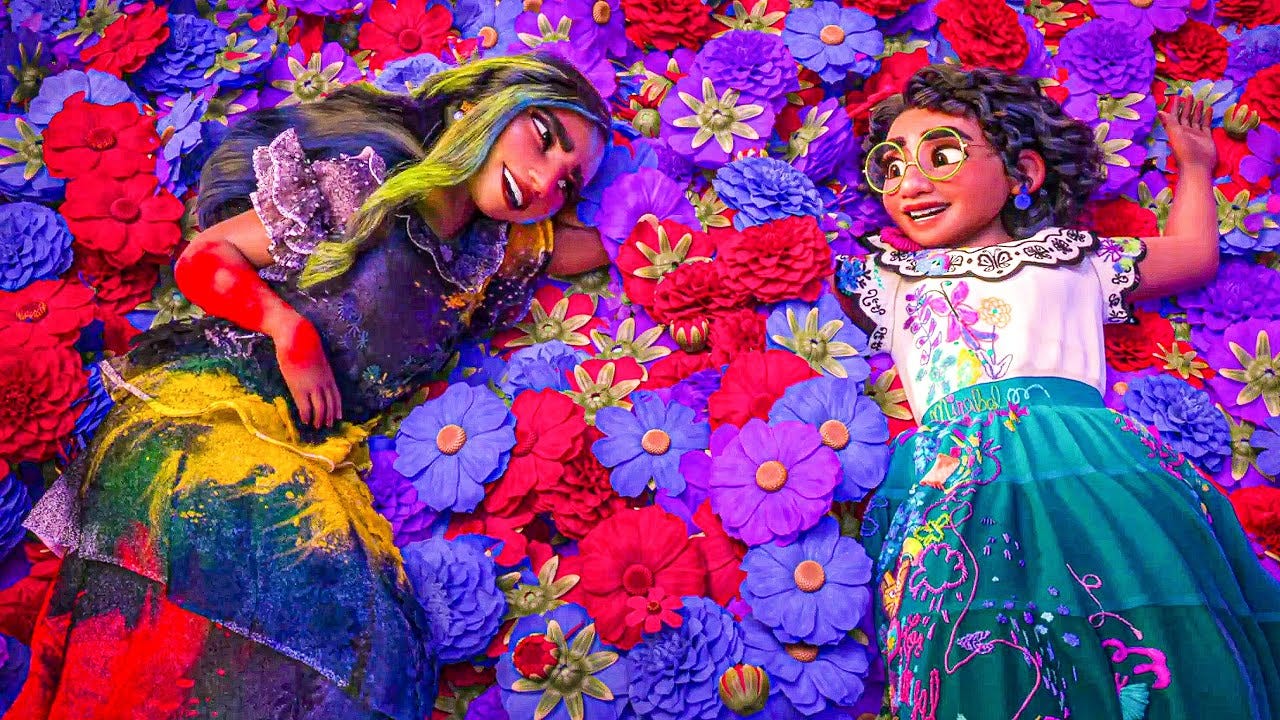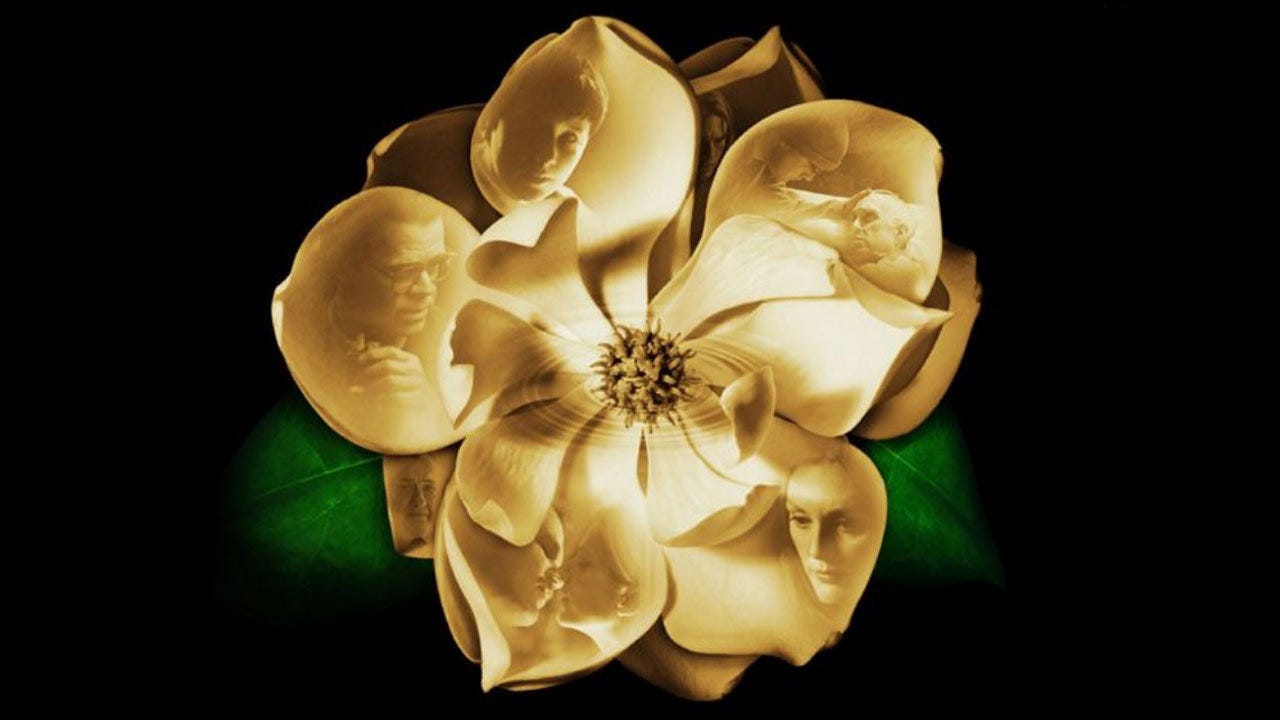Roses are red. Violets are blue. What floral-themed content will we pick for you? (Don’t worry: the rhyming ends here.)
LISTEN
The freedom of wildflowers
I realize now that it’s one of Tom Petty’s most popular songs, but I only listened to it properly for the first time the other day when it came on the radio as I was driving to my first day back at work, after a mini vacation over the long weekend. I mention the specifics of the situation in which I listened to the song because it felt like one of those “meant to be” moments.
The vacation was perfect. My financee and I, with my daughter, were visiting her sister and brother-in-law in northern Saskatchewan, where they live in an old little house on a farm. We kept warm by their wood stove. We cooked, we ate, we drank. We sewed, we listened to records, we chatted. We washed dishes, we took walks, we played and sunggled with their dogs. It was so quiet, especially with all the snow. It felt like a real rest. So I really didn’t want to go back to work on that Wednesday morning, back in Abbotsford, BC. And when Tom sang to me so sweetly as I drove up and down big hills in a landscape so different than the gorgeously flat prairies I had been in a day previous, I felt validated in my discontent:
You belong among the wildflowers
… Far away from your trouble and worry
You belong somewhere you feel free
Now, I realize that this whole bit just reeks of naiviety and privilige. Stress and busyness are facts of life, there’s a reason why it’s called a vacation, and really, I have it pretty damn good in my non-vacation life (the fact that I’m able to go on vacations is one sign of that). I have a job that pays and treats me well. I have friends and family that love me. I don’t have to endure any kind of racism or other prejudice. I don’t struggle with debilitating mental or physical illness. But dammit if I can’t get that feeling of serenity out of my head. I want it so badly. Why does the world have to be so full of bondage and trouble and worry? Don’t we all deserve to be at rest? To be free?
Again, I am freer than most, I know that. I am priviliged enough to have the mental and physical space to write whiny little essays like this, trying to figure out existential quandaries like, say, how to achieve that full and constant feeling of freedom in my soul, if not in certain tiny pockets of my external life. I just… yearn, you know?
We’re all human in an imperfect world, so I suppose yearning, no matter how priviliged you are, is not a bad thing, as long as you use that yearning energy for others when you can, too, like Tom did. So thanks Tom. I’ll make sure to pass it on.
-JB
WATCH
Flowers in film
Adaptation. (2002)
“… What’s so wonderful is that every one of these flowers has a specific relationship with the insect that pollinates it. There’s a certain orchid [that] look[s] exactly like a certain insect so the insect is drawn to this flower, its double, its soul mate, and wants nothing more than to make love to it. And after the insect flies off, spots another soul-mate flower and makes love to it, thus pollinating it. And neither the flower nor the insect will ever understand the significance of their lovemaking. I mean, how could they know that because of their little dance the world lives? But it does. By simply doing what they're designed to do, something large and magnificent happens. In this sense they show us how to live - how the only barometer you have is your heart. How, when you spot your flower, you can’t let anything get in your way.”
Encanto (2021)
“I grow rows and rows of roses
Flor de mayo, by the mile
I make perfect, practiced poses
So much hides behind my smile.”
Magnolia (1999)
A swirling tapestry of stories like a flower with petals, separate but connected.
Midsommar (2019)
An abundance of bright and cheery flowers mask unspeakable pain and horror within.
White Oleander (2002)
Beauty can be deadly.
-JB
READ
The tale of Narcissus & Echo

I’ve decided to put Monday Metamorphoses to bed.
It feels like an awkward part of an otherwise interesting newsletter. It’s too far from the scope, takes up a lot more time than I anticipated, and, frankly, hasn’t sparked much interest in all of you, either.
Am I wrong? Let me know.
Also, the sexism—even just the number of times rape keeps coming up—is a little too much for me. I’m not canceling Ovid or Metamorphoses or anything (I shudder at the word). It just doesn’t lend itself to public, literary discourse in the way I was hoping. The misogyny can’t be denied, and that gets in the way of talking about everything else. I’d be all right with dealing with it once or twice, but every week?
Basically, it’s starting to feel like a chore. And who needs another one of those on a Monday morning, amiright? So we’ll finish out the first book (only one more excerpt to go) and then call it a day.
Before we say goodbye though, I want to bring attention to two of the most well-known characters from Ovid’s poem, Echo and Narcissus, because I feel like most of us are more familiar with their reduced forms—the words that stem from their names—than the characters themselves. Because of this, we’ve lost all the nuance the story offers, which then erases the nuance of the words as well. It’s a vicious cycle that a little reading can quickly rectify. Shall we?
You can read the story here. I’m not going too get to deep into it right now. After trying that, I realized that there’s just too much to cover to fit into the Ponytail Picks format. But tomorrow, along with a short response to this week’s reading, I’ll include my thoughts on this piece of the poem.
Hope to see you there.
-AK
The last petal has fallen on this edition of Ponytail Picks. Hope to see you around next time as we discuss all things











Adaptation! What a film. Up there with the strangest I've seen, but in the best way possible. Can anyone do it the way Charlie Kaufman can?
I watched it as a teenager/young adult with my grandfather. Would I recommend doing that? I would.
I enjoyed this post and will check out the titles I didn't already know. However, I must say, and Andrew knows I always say this but I mean it so much more for this title, White Oleander must be experienced as a book. The poetic language employed by author Janet Fitch elevates the story in a way that the film does not and cannot capture.